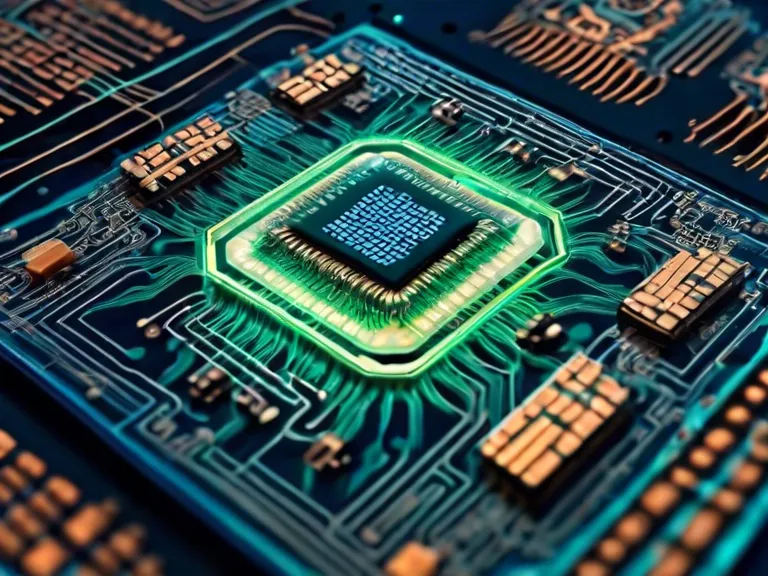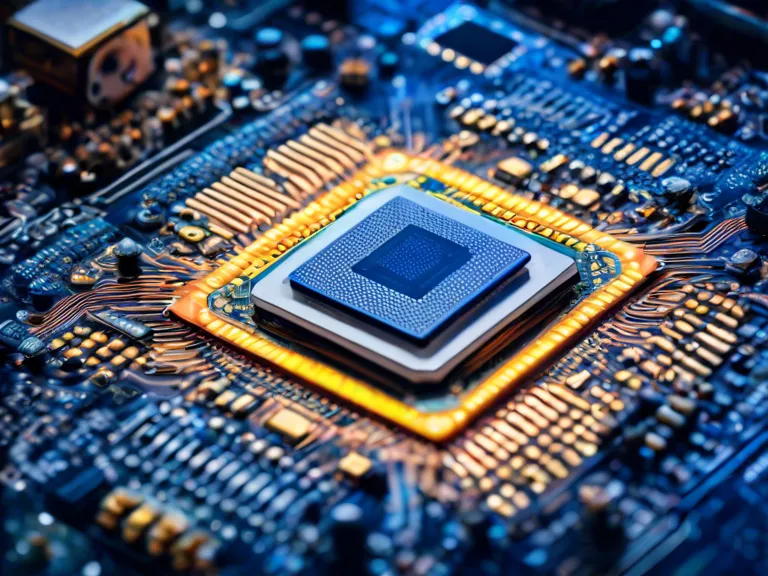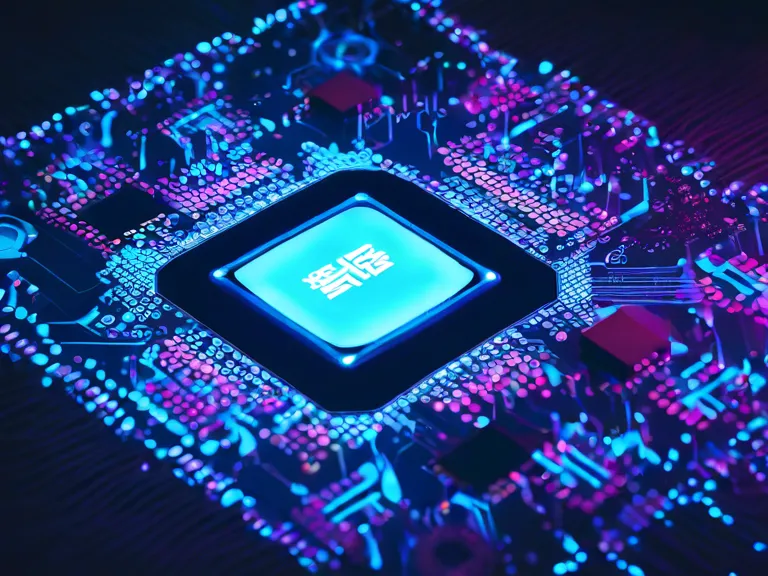
Artificial Intelligence (AI) has already begun to revolutionize the field of semiconductor design. Recent advances in chip technology are paving the way for more efficient and powerful electronic devices. From optimizing performance to reducing energy consumption, AI is transforming the way we approach semiconductor design.
One of the key areas where AI is making a significant impact is in the development of complex integrated circuits. Traditionally, designing and testing these chips has been a time-consuming and labor-intensive process. However, AI-powered tools are now being used to automate various stages of the design process, leading to faster and more accurate results. Machine learning algorithms can analyze vast amounts of data to identify potential design flaws and optimize the performance of the chip.
Another area where AI is transforming semiconductor design is in the area of physical layout optimization. By using AI algorithms, designers can create more efficient and compact layouts for integrated circuits, leading to smaller and more power-efficient chips. This not only reduces manufacturing costs but also improves the overall performance of electronic devices.
Additionally, AI is also being used to improve the testing and validation process for semiconductor designs. By simulating different operational scenarios and identifying potential bottlenecks, AI algorithms can help designers identify and fix potential issues before they arise. This leads to a more reliable and robust final product, reducing the risk of costly errors in production.
Overall, the integration of AI into semiconductor design is leading to breakthroughs in chip technology that were previously thought impossible. From improving performance to reducing energy consumption and optimizing physical layouts, AI is transforming the way we approach the design and development of integrated circuits.



